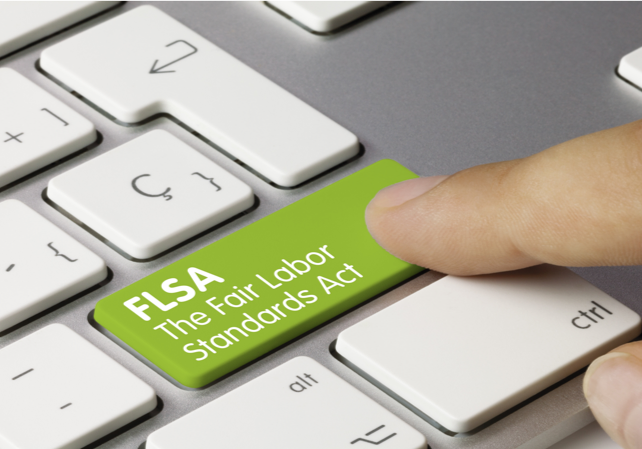
Growth of the “Gig Economy” May Lead to Growth in Wage and Hour Litigation
From drivers in ride-sharing services to freelancers earning a living through project-based work, the so-called “gig economy” has expanded exponentially in recent years. It is estimated that 1.2 to 1.9 million Americans are now working in the gig economy and that number is expected to continue growing. With that many people earning a lot of money outside of the traditional employer-employee relationship, it is likely that this sector of the economy will also see growth in wage and hour claims under the Fair Labor Standards Act (FLSA).
The key issue will be whether those working in the gig economy should receive the benefits and protections provided to “employees” under the FLSA and similar state laws. This includes requirements to pay employees the federal minimum wage, as well as overtime pay in the amount of one and a half times their hourly rate for any hours above 40 hours worked in a given week.
Many state laws provide even more generous protections and pay requirements for those workers consider to be “employees.” For example, California law requires that non-exempt employees be paid overtime premiums of one and one-half times their regular hourly rate for all hours worked over eight hours in a single day, as well as double time for any hours worked over 12 hours in a day.
For these reasons, among others, companies which use gig economy workers want to ensure that these workers are not considered “employees” under the law. That is why many companies require individuals to sign agreements in which the worker explicitly acknowledges that they are an independent contractor and not an employee. However, such agreements are neither determinative nor controlling as to whether the worker is or isn’t considered an employee under the FLSA. The reality of the relationship, not a piece of paper or label, will determine whether someone is an employee.
A large and ground-breaking case involving the ride-sharing service Uber is an example of the kind of litigation likely to arise with increasing frequency in the years ahead. In O’Connor v Uber Technologies, Inc., the court denied a motion for summary judgment filed by Uber, which claimed that its drivers were independent contractors. The court held that the plaintiffs had presented sufficient evidence to let a jury weigh whether Uber exercised sufficient control over the drivers for them to be classified as employees, rather than independent contractors. Rather than risk an adverse decision, Uber settled the case in April 2016 for $84 million.
Other companies reliant on gig economy workers are facing the same issue. Some are reconsidering their business models in terms of how they classify their workers while others continue to fight against their workers being considered employees. For example, Zirtual, a company which provides virtual assistants to professionals, reclassified all its independent contractors as employees. On the other hand, food delivery service GrubHub is currently litigating the employee/independent contractor issue with its drivers.
Whether a court will consider a gig economy worker to be an employee will depend on the facts of each particular case and the specific characteristics of the relationship. Workers who believe that the nature of their relationship makes them employees subject to the protections of the law may have remedies that an experienced employment lawyer can seek on their behalf.




